The Commission's list of measures covers EUR 95 billion worth of industrial and agricultural products imported from the US. The consultation also includes possible restrictions on exports of EUR 4.4 billion worth of steel scrap and some chemical products from the EU to the US. In particular, this step aims to limit the impact of the “universal” tariffs imposed by the US on sectors such as steel and aluminum, as well as tariffs on automotive products.
The EU considers the 25% tariffs on steel, aluminum and derivatives imposed by the US in February and the 20% "reciprocal" tariffs on EU products announced in April to be in violation of World Trade Organization (WTO) rules. The Commission is preparing to launch a formal dispute process against these tariffs on the basis of international law.
Commission President Ursula von der Leyen highlighted the negative impact of tariffs on the global economy, saying: "The EU is committed to finding a negotiated solution with the US. We believe that agreements that benefit consumers and businesses on both sides of the Atlantic are possible. But we must also be prepared for all scenarios. The consultation process we have launched is an important part of these preparations."
Consultation process and possible steps
The Commission will keep the public consultation open until June 10, 2025. During this process, all stakeholders affected by the US tariffs are expected to provide their views. Following the feedback gathered, the EU Commission will prepare a regulation on potential countermeasures and submit it to Member States for approval. At the end of this process, the Commission aims to have legislative countermeasures ready for implementation, if deemed necessary.
In parallel, the EU will launch a formal consultation process at the WTO against US tariffs on cars and auto parts. In this process, the parties will have two months to negotiate. If the parties fail to reach a compromise, the EU will be able to request that the WTO arbitral tribunal step in to resolve the dispute.
EU also monitors global trade shifts
The EU is also closely monitoring global export flows, which could be diverted as a result of US tariffs on third countries. The Commission is particularly vigilant against import risks that could be directed towards the EU market, and is in talks with other trading partners to diversify supply sources. In addition, efforts to strengthen the European Single Market are also ongoing.


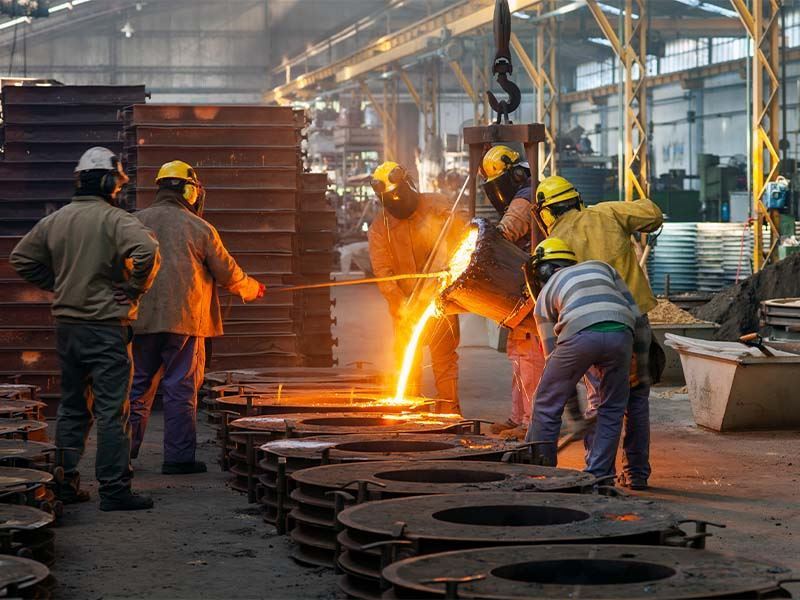
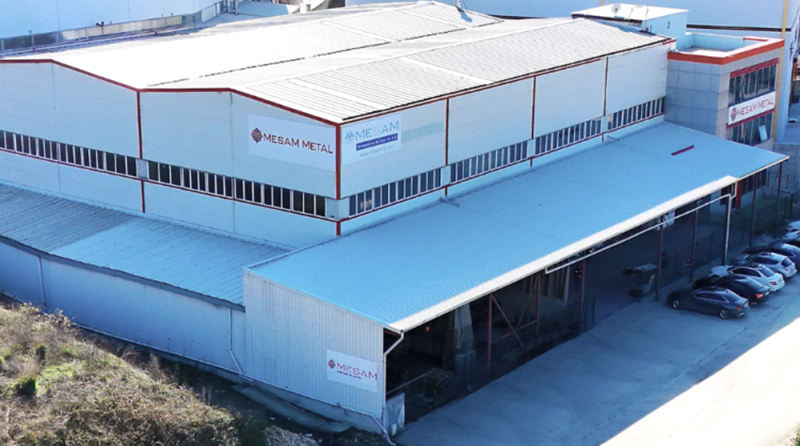
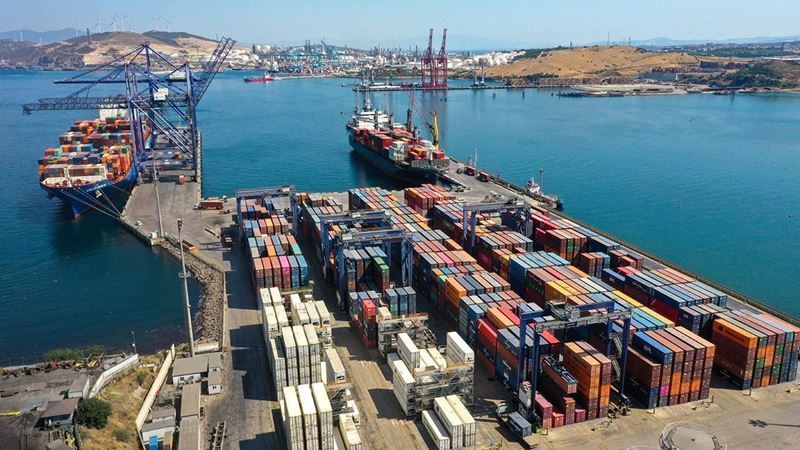

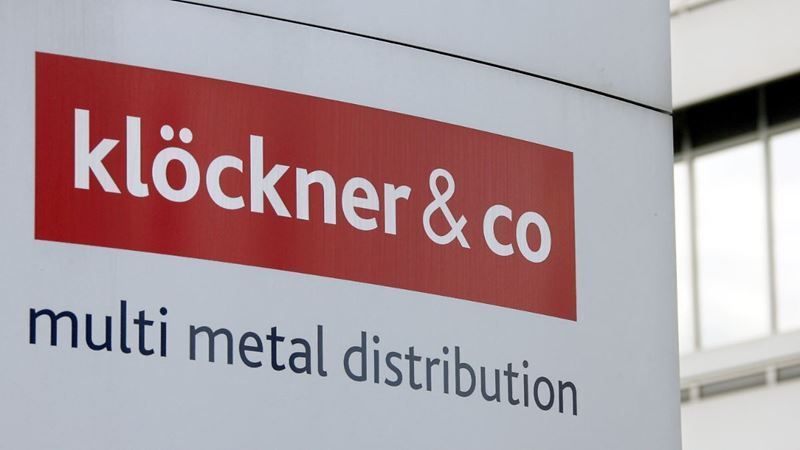
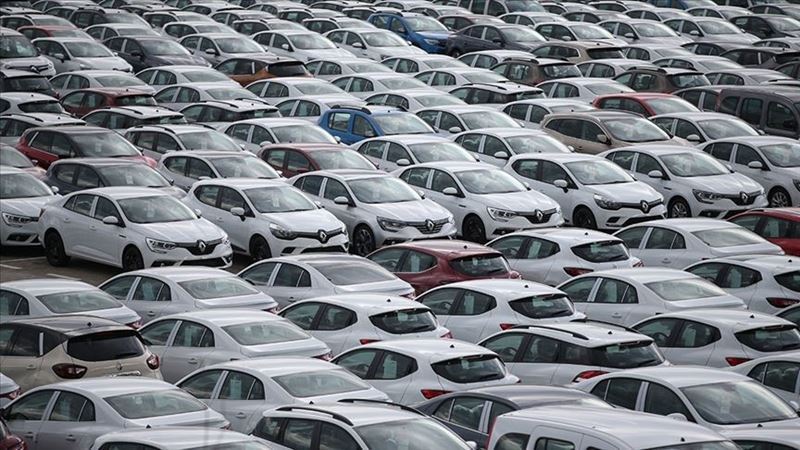


Comments
No comment yet.